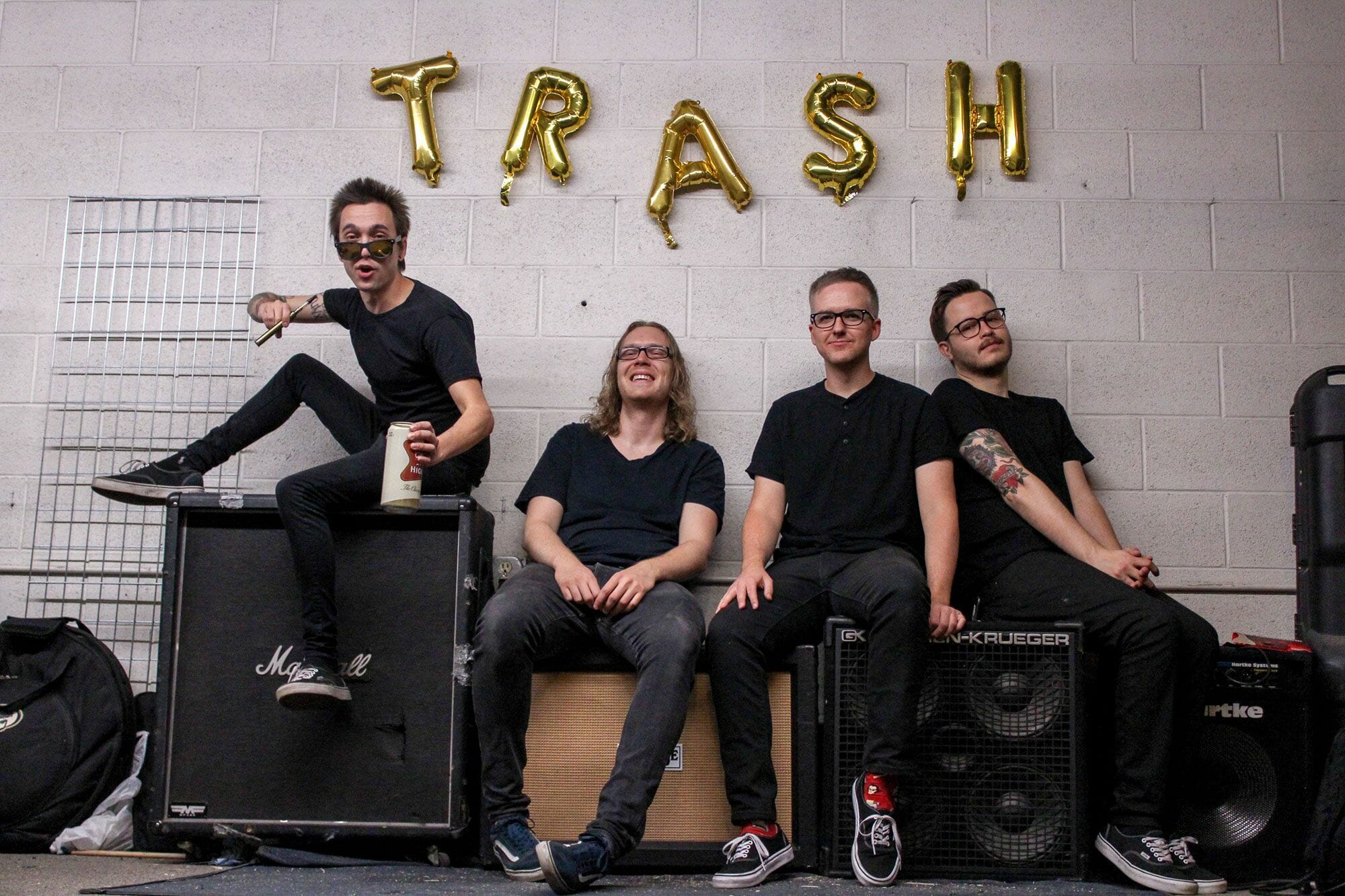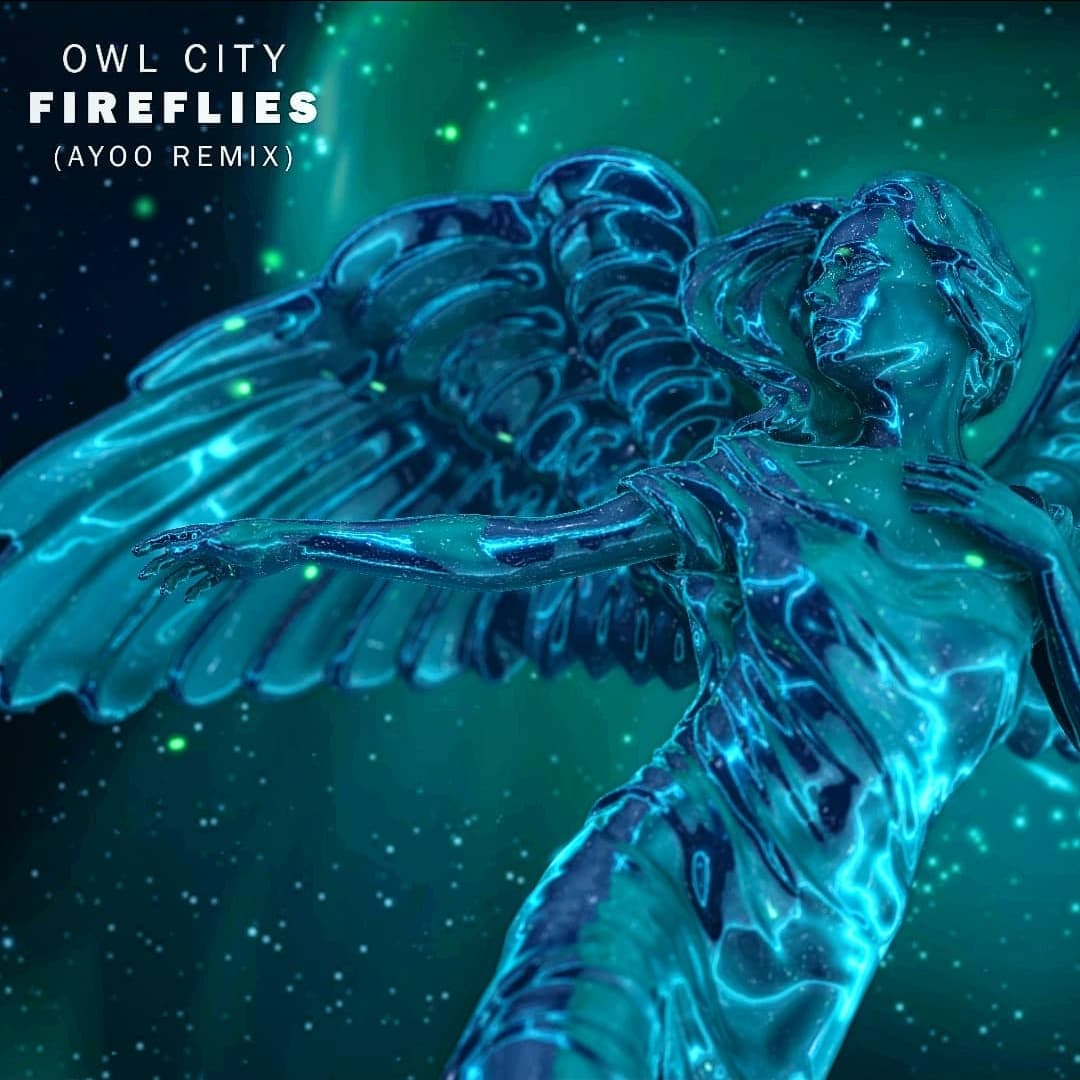Music programs in schools can do a lot to increase LGBT+ acceptance. Essays, research papers, and books can help students learn more about the history and culture of the LGBT+ community. They can also discover the myriad ways in which music can enhance interpersonal connections. By providing a safe space for students of all backgrounds to freely express themselves. Music classes can help foster a more tolerant culture.
What is the Power of Music Education in Advancing LGBT+ Inclusivity
Making schools and communities more welcoming to LGBT+ people. It can be facilitated through the use of music as a teaching tool. Potential outcomes include a more tolerant and accepting society. The society recognizes the difficulties experienced by the LGBT+ population. There is mounting evidence that using music and related LGBT essay examples in the classroom improves students’ emotional and social intelligence. In addition, it provides a safe space for students to share their perspectives. And to experiences without fear of retribution. It can also be used to increase awareness and knowledge of LGBT+ issues on campus. So that all students feel welcome.
How Music Education Transcends Stereotypes and Prejudices
Especially for the LGBT+ community. Music education can reduce barriers to discrimination. Students get a deeper understanding of themselves. And an expanded capacity for self-expression as they experiment with music. There will be less bigotry and prejudice as a result for the LGBT+ community.
Students can explore sounds and genres in music class that they might not otherwise be exposed to. This broadens their perspectives and aids in cultural understanding. Both of which are essential in the struggle against homophobia and transphobia. One’s musical horizons can be broadened by listening to the music of people who practice different religions or lifestyles.
Students who are exposed to music from many various countries and genres are more inclined to view others in a positive light and accept their differences. Music education does more than just help the LGBT+ community by encouraging self-expression and teamwork.
The Role of Music Education in Promoting LGBT+ Inclusivity and Empowerment
Music education has the potential to play a powerful role in promoting LGBT+ inclusivity and empowerment. Music can be used as a tool to help students understand and embrace diversity, as well as to express themselves in a safe and supportive environment.
Students can gain a safe space to investigate concepts like “self,” “acceptance,” and “belonging” through the creative process of songwriting. Additionally, music can be used to create awareness among students about the issues faced by LGBT+ individuals. Research papers, essays, and books on this topic have explored how music education can be used for this purpose on college campuses. By providing resources such as these. Educators can help foster an inclusive learning environment. This will encourage and provide respect for diversity and inclusion of all people. Regardless of sexual orientation or gender identity.
The Role of Music Educators in Bringing About Positive Social Change for the LGBT+ Community
Positive social change for the LGBT+ community can be facilitated by music educators. Music educators have the opportunity to equip their students with the tools they need. This will enable them to become advocates for the LGBT+ community. This can be carried out through the creation of moving works that express their support for the community.
Teaching topics like LGBT essay samples. Research papers, novels, and campus activities. They can help music teachers equip their students to create compositions. This will honor diversity and develop an understanding of the LGBT+ community. Instructing students in the use of music as a tool for activism. This is something music teachers may do to help bring about positive social change.
Conclusion
Through the provision of empowering tools. Music education can aid in the fight against homophobia, and transphobia. It also fights other forms of prejudice against the LGBT+ community. Teachers can use music to help students learn the value of treating others with kindness and respect. Regardless of their gender or sexual orientation. Teachers can build closer relationships with their LGBT+ students. They can also offer them a secure space to do identity work and musical self-expression. This is done when they participate in musical activities together.













